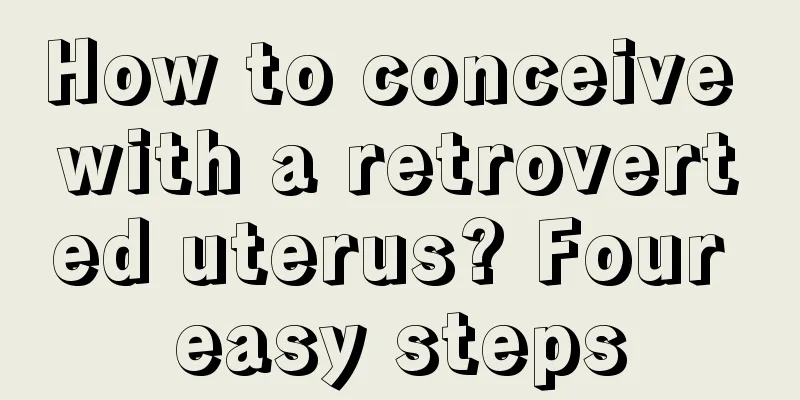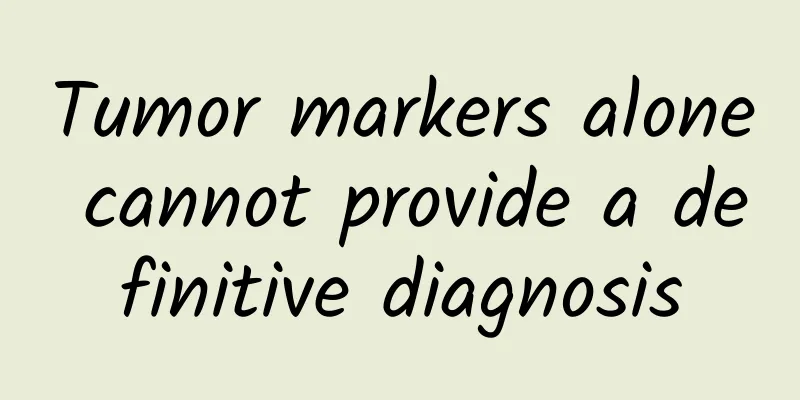What is the reason for high risk in early Down syndrome screening?

|
Everyone knows that Down syndrome is a very dangerous disease. It can have a serious impact on the development of the fetus, causing the fetus to show signs of development deviating from the normal track during growth and causing the fetus to gradually grow in a deformed direction. Down syndrome screening can detect fetal risks in a timely manner and propose solutions. Let’s take a look at what the high risk of early Down syndrome screening means. When the Down syndrome screening results show "high risk", pregnant mothers should not be too nervous. This shows that the probability of the fetus suffering from Down syndrome is higher than 1/270, which does not necessarily mean that the fetus is a Down syndrome child. When a high-risk situation occurs, the next thing the pregnant mother should do is to confirm through amniocentesis whether it is indeed a baby with Down syndrome. Currently, the most commonly used technology for prenatal diagnosis is amniocentesis, which involves inserting a needle through the pregnant woman's abdomen into the amniotic fluid under the guidance of B-ultrasound, extracting the amniotic fluid, and performing chromosome analysis on the fetal cells. Amniocentesis is suitable for pregnant women between 16 and 20 weeks of gestation. Down syndrome, also known as trisomy 21, is a disease caused by chromosomal abnormalities. 60% of children with the disease are aborted in the early fetus, and those who survive will have intellectual disabilities, special facial features, growth and development disorders and multiple malformations. When the Down syndrome screening shows a high risk and amniocentesis confirms that the fetus has Down syndrome, the best solution at present is to terminate the pregnancy. Reasons for high risk of Down syndrome screening The main reason for high risk in Down syndrome screening is chromosomal. A woman's primordial germ cells are formed during the fetal period. If pregnancy occurs too late, the eggs are more likely to be polluted by the environment, and the ovarian function begins to decline, making it easy for the egg chromosomes to age, ultimately leading to an increased incidence of teratogenesis. The proportion of high-risk patients in Down syndrome screening Generally speaking, older mothers are more likely to have intrauterine growth retardation and premature birth in their fetuses. The incidence of Down syndrome children increases exponentially with the age of the mother. The chance of a woman under 25 having a baby with Down syndrome is about 1/2000, which rises to 1/300 at the age of 35. If she becomes pregnant after the age of 44, the chance of having a baby with Down syndrome is as high as 1/40. |
<<: What does early Down syndrome screening detect?
>>: What is the critical risk of early Down syndrome screening?
Recommend
Health secrets for the five special areas of a woman's body
Special Zone 1: Abdomen and Umbilical Cord Health...
The impact of candidal vaginitis on pregnancy preparation
Candidal vaginitis is a relatively common gynecol...
What to do if breasts become smaller after weaning?
Many women will have small breasts after weaning ...
What should girls do if their feet smell
When women have smelly feet, they feel very distr...
My period is fifteen days late. Why hasn't it come yet?
If there is anything normal about menstruation, t...
What are the symptoms of HPV in women?
Women must pay attention to their sexual habits, ...
Be careful, this "taro" is poisonous all over!
Experts in this article: Zhao Aili, PhD candidate...
What should I do if I suffer from eczema during pregnancy?
Many people shudder when they hear the word eczem...
Detailed explanation of the correct use of makeup remover oil, are you doing it right?
For people who wear makeup, removing makeup requi...
Are there many people traveling to Yunnan in August this year? What local specialties should you bring back from Yunnan?
Yunnan, a beautiful country with four seasons lik...
Can I eat hot pot if I have a lot of dampness? How to make cheese hot pot?
Eating hot pot can promote the timely discharge o...
Why is the vaginal discharge black before menstruation?
Before menstruation, some black vaginal discharge...
Can I have sex before doing vaginal ultrasound?
There is no need to prohibit sexual intercourse b...
Can I take a bath with mugwort water after I leave the confinement period?
I know everything about mugwort. For people who h...
Why does the right side of a woman's belly button hurt?
Women are very likely to suffer from stomach pain...









